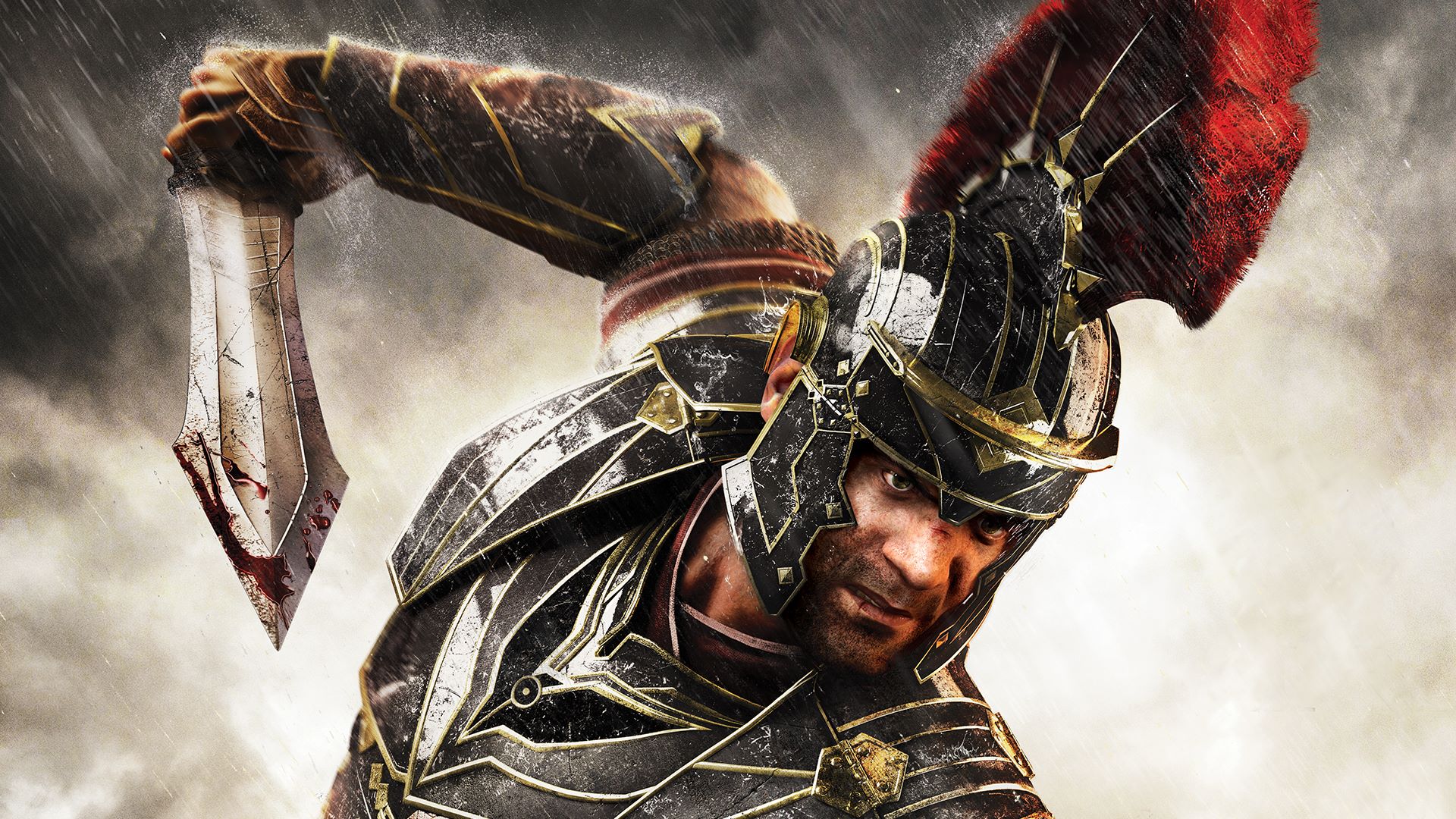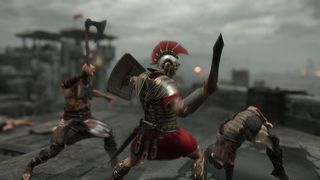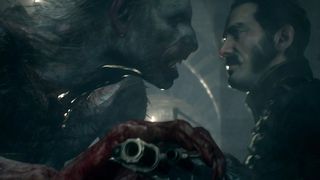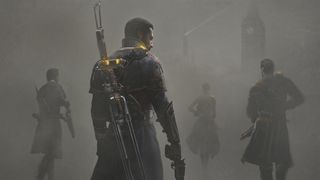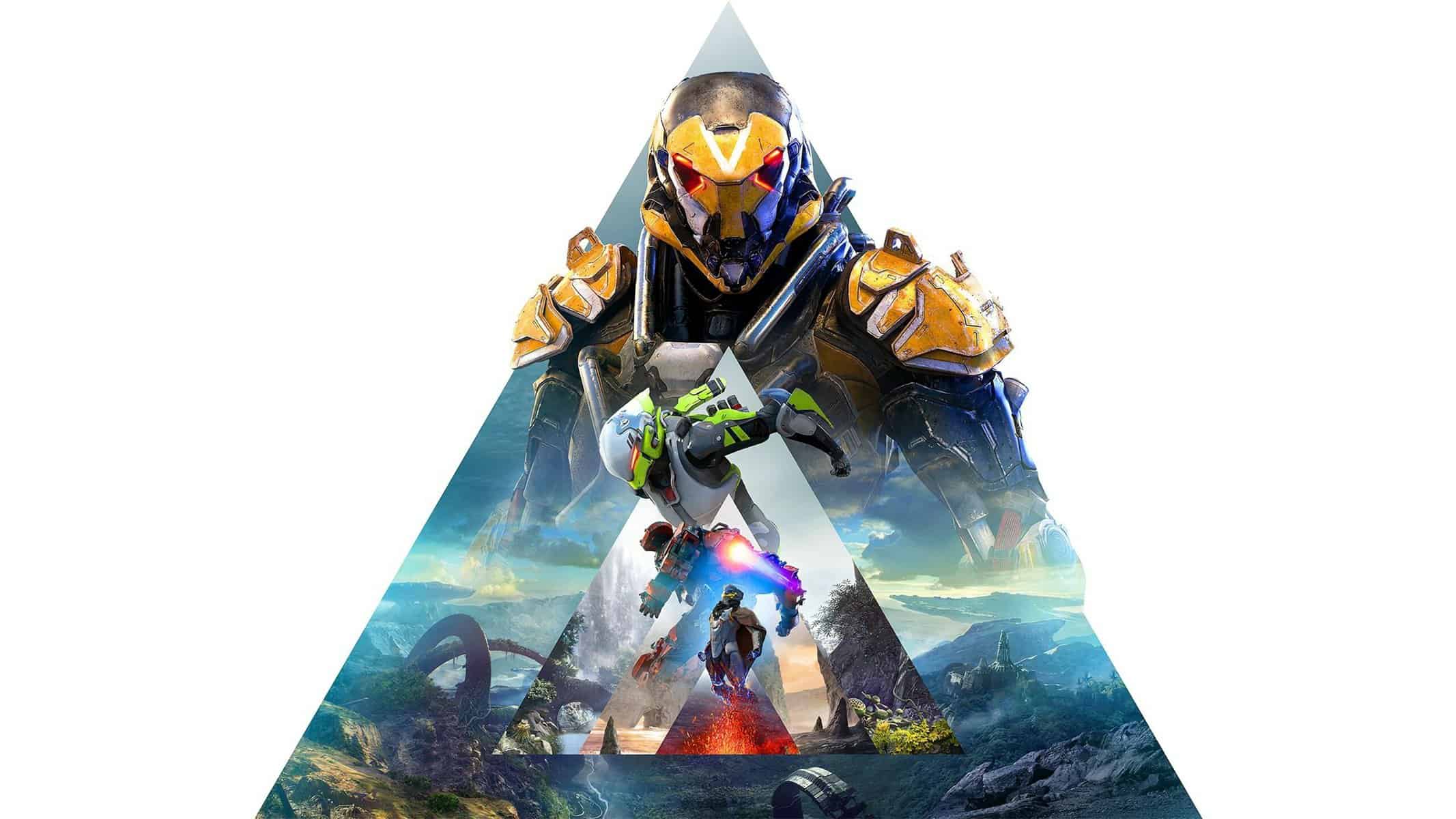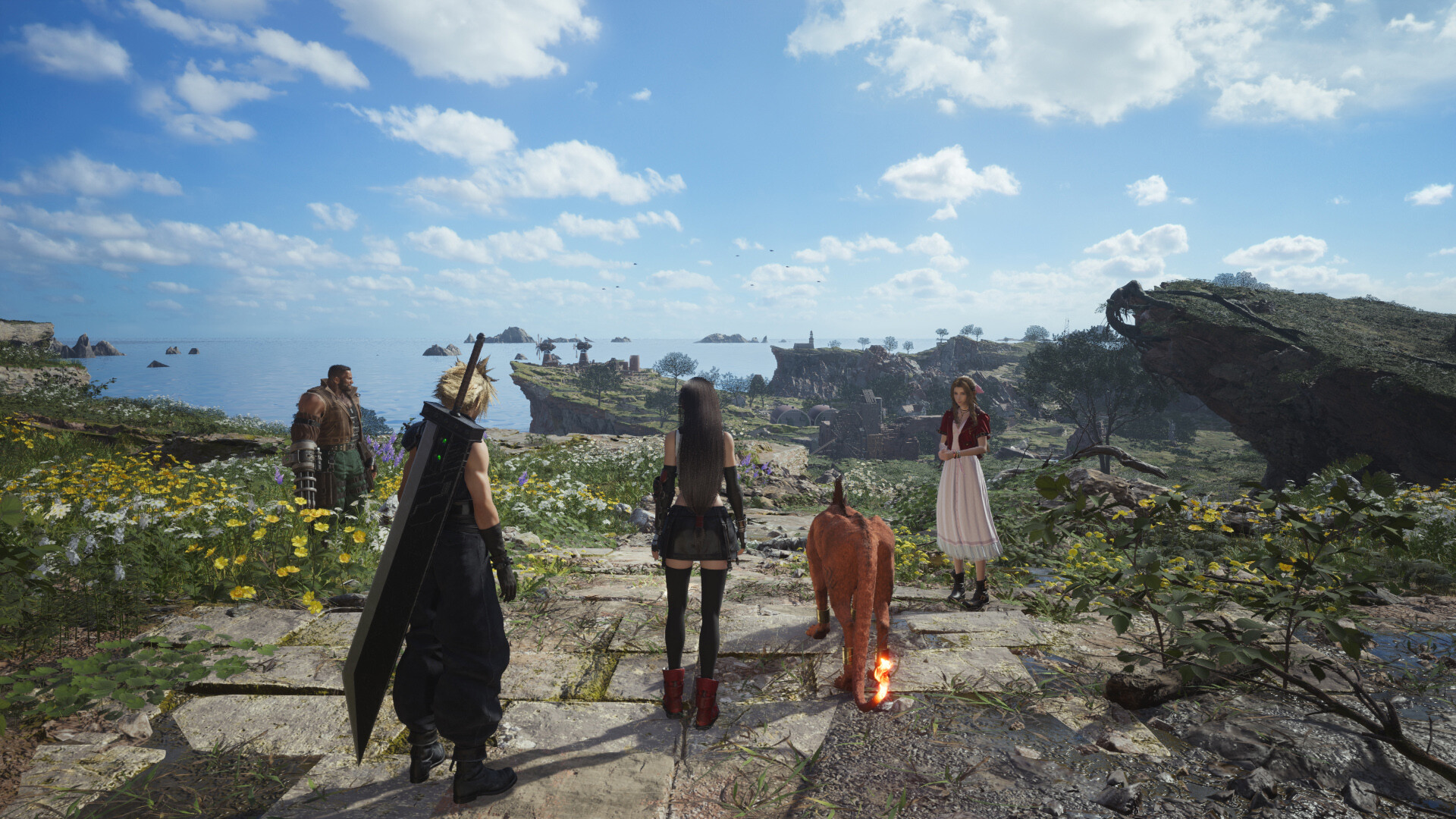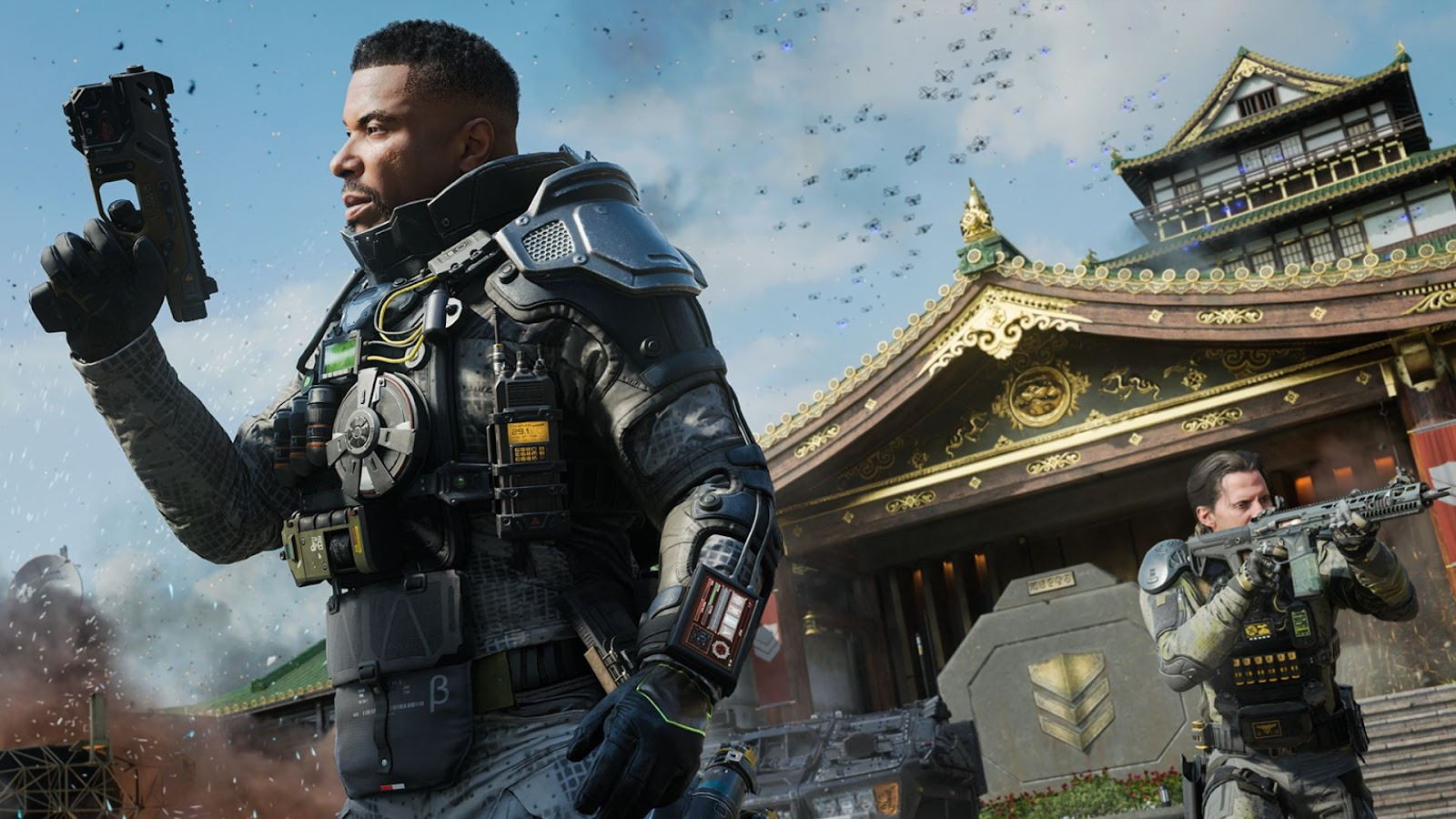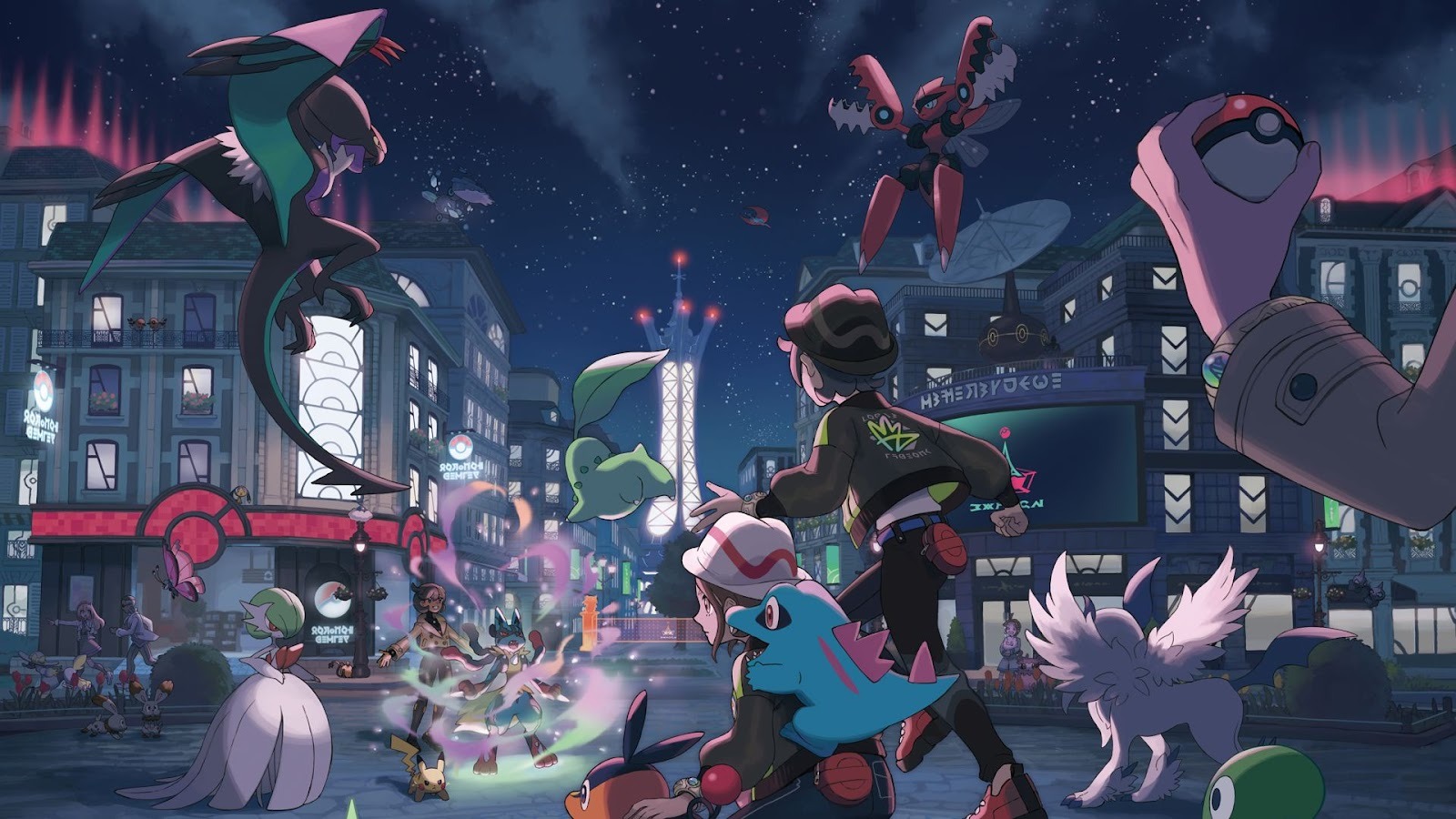You can trust VideoGamer. Our team of gaming experts spend hours testing and reviewing the latest games, to ensure you're reading the most comprehensive guide possible. Rest assured, all imagery and advice is unique and original. Check out how we test and review games here
On Sunday night, I glanced an axe blow off my shield and amputated my attacker’s arm. Not content with this, I stuck him in the guts with a sword, wrenched it free, and smashed his nose into splinters with the shield’s sharp edge. It was at this point I realised I very much liked Ryse: Son of Rome. Possessing a stormy sweet tooth for crunchy combat, and a soft spot for ancient Rome, I could feel my strings being pulled, and I knew it wouldn’t last. I sensed the queasy feeling that prolonged play would yield, like gorging on a box of repetitive chocolates, but in short bouts it was delicious.
There was something strange about the game, too: a sense of archaeological excitement. Strewn here and there were half-buried treasures, with the glint of ancient coins. Ryse seemed, on the surface, a departure for developer Crytek, who had made Far Cry and a trilogy of Crysis games at that point. Ryse was cast far into the past, scrapped of automatic weaponry, and free of the enhancing fibers of any Nanosuits. But if you look closely, you can see the marks, like bullet holes, of Crytek’s influence.
The armour that gilds the game’s hero, Marius, is its own sort of Nanosuit – stamped with a superhero’s insignia, composed of curves and pointed plates, like the nose cone of a starship. It looks to us as Rome’s enemies might see it: high-tech, as if it had arrived from the future, instead of just ushering it in. Then there are the forests, a damp and dense layering of lush greens and browns. (It’s that a developer should garner a reputation for its arboreal passions.) Even the screwy spelling of the game’s title is a sign of Crytek’s narcissistic habit of incorporating as much of its name into its titles as humanly possible. (Thankfully, no one else has joined in, sparing us the horrors of Red Dead RedempStar and Respex Legends.)
Drawing a damp squib of a reception, Ryse represents the sort of noble failure we should embrace, capping off Crytek’s crumbling empire in experimental style. Reading Colm’s reactions to Anthem this week, I was struck by his sentiments on experimentation: ‘I don’t want the more-muted-than-expected reception to dissuade this developer, or others, from future innovation or alteration. Try things, fail, and then try again.’ Quite right, and there are games that litter the landscape, like spent shell casings – ideas dropped, potential series snuffed out – which could have been saved with a little alteration and iteration.
A friend of mine pointed out, glancing at Ryse, that it seemed like Microsoft’s answer to The Order: 1886, which made an odd sort of sense. There was the camera, like a cape, fastened close to its hero’s back; the cinematic ambition, gutting the game down to its breezy essentials; and the graphics, hurled like a gauntlet into the colosseum of the console war. But what the two games share, above all else, is a developer that yearns for something fresh: a new genre and a bygone setting, in the case of Crytek; and for Ready at Dawn Studios, an IP all its own, after years spent yoked to Sony properties.
And what an IP it was: the knights of the round table fight to protect a spluttering, steampunk London from werewolves. They are lead by a gallivanting Galahad, who hares across the rooftops, doing all his own stunts, and swigs from a hip flask filled with the elixir of eternal youth (rumour has it Ready at Dawn settled out of court with Tom Cruise’s lawyers). The silver bullet lodged in The Order’s rump is the same one that made Ryse fall: simplistic, repetitive play – and though I would add ‘immensely satisfying’ to those descriptors, I am aware of my status as a sucker.
There is something of a silvery lining to the commercial failure of these games. While they banished their respective developers to the spectral plane of VR games, that development space is like an orbital outpost for experimentation. Ready at Dawn worked on Lone Echo, an adventure game with chunks of plot floating in zero gravity, which was very well received critically. Crytek developed Robinson: The Journey, which saw its visions of future and past collide, with cosmonauts and dinosaurs coming face to fang on a distant rock. Still, I can’t help but wish for another go-around for The Order and for Ryse.
Money doesn’t buy you success, it seems, but it can free you up, after a faltering game, to try something else. BioWare has EA’s ledger paper to fall back on, and is on who knows how long a leash when it comes to creative experimentation. (While Anthem may be cut from the mould of Destiny, it certainly represents a step out for the story-focussed studio after the perceived bastard child of Mass Effect: Andromeda.) It’s the trying again that represents the greatest challenge to studios, because it requires financial freedom.
If you’re Sumo Digital, then the personal projects come at the expense of mercenary work. The studio’s only self-published game, Snake Pass, hardly coiled round the hearts of critics, but it was brand new – a game of ideas in a market crowded with nostalgic cash-ins. If Sumo ducks back into the security of a Crackdown 3, for Microsoft, or a Team Sonic Racing, for Sega, all the better for when its next experiment slithers into view. It’s a great approach, if you can get the work. Free Radical tried to retreat to safe ground after the intriguing Second Sight; the studio returned to its flagship franchise, TimeSplitters, before building a bitterly ironic tombstone for itself with Haze.
Even successful experiments aren’t safe. Creative Assembly threw tactics and war to the wind, in favour of tactics and gore, in Alien: Isolation, but most of that game’s praise has built up like a tailwind, and limp sales saw any sequels put to hypersleep. Starbreeze was obviously fed up with guns, heists, and Vin Diesel; when they made Brothers: A Tale of Two Sons, it seemed to signal a more sensitive approach. Alas, it was followed by Overkill’s The Walking Dead, and an outbreak of economic problems. Hopefully, if Anthem fails, BioWare will get another roll of the dice, or, failing that a chance to ply the game with DLC until it sings. If that doesn’t work, maybe it’s time to get really creative – maybe a game where you sleep with aliens, or something involving dragons. They’re great.
Anthem
- Platform(s): PC, PlayStation 4, Xbox One
- Genre(s): Action, Adventure, RPG, Science Fiction, Shooter
